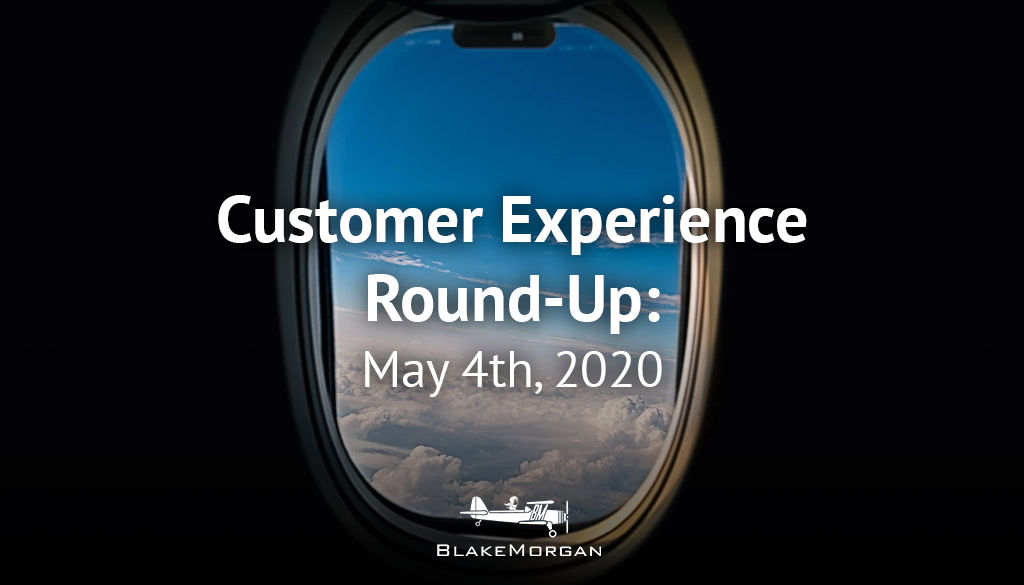The impacts of the global coronavirus pandemic are widespread, and they are already being felt in the values and actions of consumers. Customer experience is a reflection of what matters to consumers, but those values are changing and greatly affecting all industries. This week we saw three stories of how consumers are changing and the long-term impacts of COVID-19.
Report Finds Coronavirus Fears Are Changing Consumer Trends
Only a few months into the year, market researcher Euromonitor International changed its predictions for the biggest global consumer trends of 2020. Previously, consumers were concerned about privacy issues and less about sustainable products. Now, as the global pandemic keeps more people at home, consumers are focused on at-home solutions for work, exercise and leisure activities. The new consumer focuses are dramatically different from what was originally predicted.
These predictions show just how much everyday life has changed for consumers. Instead of looking towards the future and focusing on larger issues, many people are hunkering down and simply trying to endure the pandemic with some sense of normalcy. The change in consumer trends impacts businesses, and companies that can also pivot their focus to match those of consumers will be best poised to provide meaningful connections and service.
American Savings Rate Highest In 40 Years
With economic fears from the coronavirus, more Americans are pouring cash into their savings accounts. The Bureau of Economic Analysis reported this week that the U.S. savings rate was 13.1% in March, a huge jump from 8% in February. It’s the highest savings rate since late 1981. The massive leap in savings is largely due to consumers’ fears about the economy and a pending recession. In total, Americans put $2.17 trillion in savings in March.
When consumers are confident in the economy, they spend money. When they are worried, they save it. These huge numbers show the fear Americans have about the future of the economy and their jobs. As more people pour money into savings, brands need to find new ways to offer their services and expand their experiences instead of simply pushing sales.
Air Travel Could Take Years To Recover
This week, Boeing CEO Dave Calhoun told shareholders that it could take two to three years for air travel to return to its 2019 levels. Airlines have grounded more than a third of their U.S. fleets, and air travel demand is only 5% of what it was last year. Many airlines are also delaying or cancelling orders for new planes. Travel restrictions and passenger fears over the safety of flying have dramatically impacted the aviation industry.
People simply aren’t flying these days. Air travel has never been lower than its current rates. In recent years, globalization has grown as consumers were able to travel around the world to experience new cultures and companies. Now, the world is still connected but travel is different. The Boeing forecast shows just how long it will take industries to recover from the pandemic.
The coronavirus pandemic has likely changed consumer behavior forever. These stories are likely just the beginning of how consumers are changing. Brands need to respond accordingly to tailor their products, services and experiences to what now matters most.
Blake Morgan is a customer experience futurist, keynote speaker and the author of the bestselling book The Customer Of The Future. Sign up for her weekly newsletter here.

